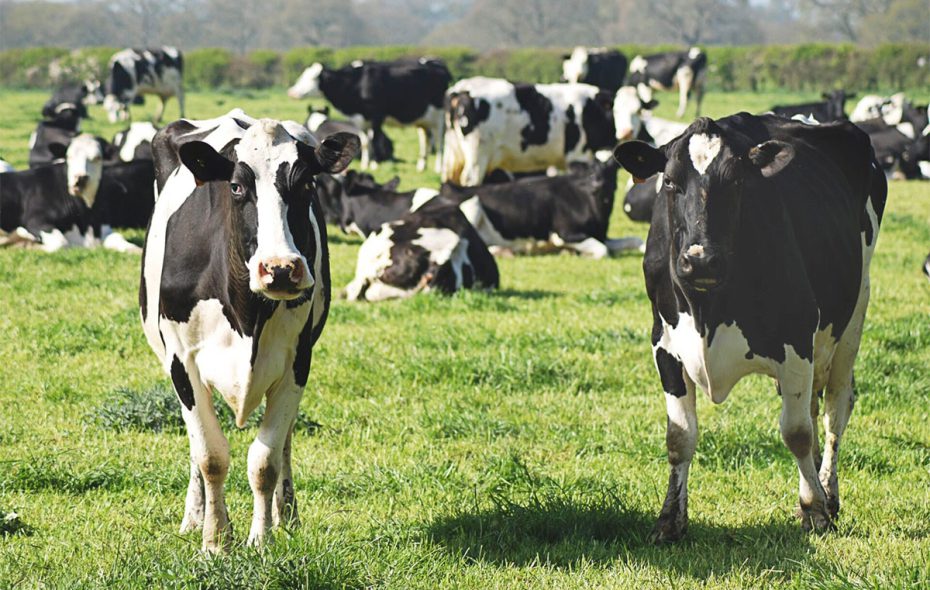
R&D in the UK is thriving and extraordinary innovation can be found in all sectors, ranging from agritech to energy to pharma and beyond. Entrepreneurs across the board need early-stage funding and strategic advice to get off the ground and into the market – this is where the UK Innovation and Science Seed Fund can help. We help build companies translating great science into commercial businesses from all areas of the UK’s research base, helping UK innovators produce valuable products for society and create high value jobs.
In our latest blog, we look at two of our portfolio companies, The Smarter Food Company and Tropic Biosciences, that are working to make an impact in the agricultural technology (agritech) space.
Visit our website to find out more about our work in the agriculture and food technology sector and the investment opportunities we are seeking.
Tropic Biosciences is UK agritech success story. The company is developing its own gene editing technologies to engineer high-performing commercial varieties of tropical crops, such as bananas, which enhance consumer health, improve environmental practices and promote grower wellbeing. Expanding beyond ag tech, the company is now also commercialising its gene editing tools in other applications and has licensed the technology to multinationals.
UKI2S first invested in the seed round in 2017 and followed in subsequent rounds as well as connecting the company to a key board member, Dr David Lawrence. Since our investment the company has accelerated its development and this year it closed the largest agritech series B in the EU when it raised $28.5m.
Tropic has built its operational team to 61 FTEs and established its own laboratory in Norwich. It has produced small-scale field trial data showing how it can improve the traits of crops, including demonstrating fungal disease resistance in bananas and reducing caffeine levels in coffee towards the goal of producing non-chemical caffeine-free coffee. Tropic also announced earlier this year a partnership with BASF to develop traits to address growers’ most critical challenges in protecting crops.
The company’s proprietary gene editing platform has also been licensed for use in non-agritech applications and plans for a human health subsidiary using the platform are well advanced.
The Smarter Food Company, a spin-out from the Quadram Institute centre for food and health research (funded by UKI2S partner BBSRC was established to develop foods with proven health benefits.
The team is working to develop a soup to reduce elevated blood glucose to ‘healthy’ levels in those at risk of Type II Diabetes. The soup contains high levels of a compound called glucoraphanin, found in a broccoli variety which has taken many years of plant breeding and field trials to develop. Early clinical data suggests a single weekly portion of soup made from this broccoli reduces elevated blood glucose, a significant risk factor for the development of Type 2 Diabetes.
Having secured an Innovate UK grant to fund a clinical trial the company has established a trial centre in Ireland and has started recruiting patients with a view to eventually obtaining European Food Standards Agency (EFSA) approval for a health claim. It has also established growing trials and negotiated a licence for the glucoraphanin-enrichedbroccoli, which has been developed using traditional breeding techniques.
Our involvement at UKI2S has been to commit funding early and find syndicate members. We led an initial funding round (including providing some initial bridging finance to get the company off the ground) and helped to negotiate a licence for the key intellectual property. We also joined the board, helped to recruit a chief operating officer and chaired the remuneration committee to get a staff incentivisation package in place. We have provided a significant grant to fund the clinical studies via our relationship with Innovate UK and helped the company get an additional grant to compensate for Covid-19 delays.
Results from the first clinical trial are expected in Q3 2021, after which we aim to raise a Series A round to fund further trials aimed at securing a health claim.